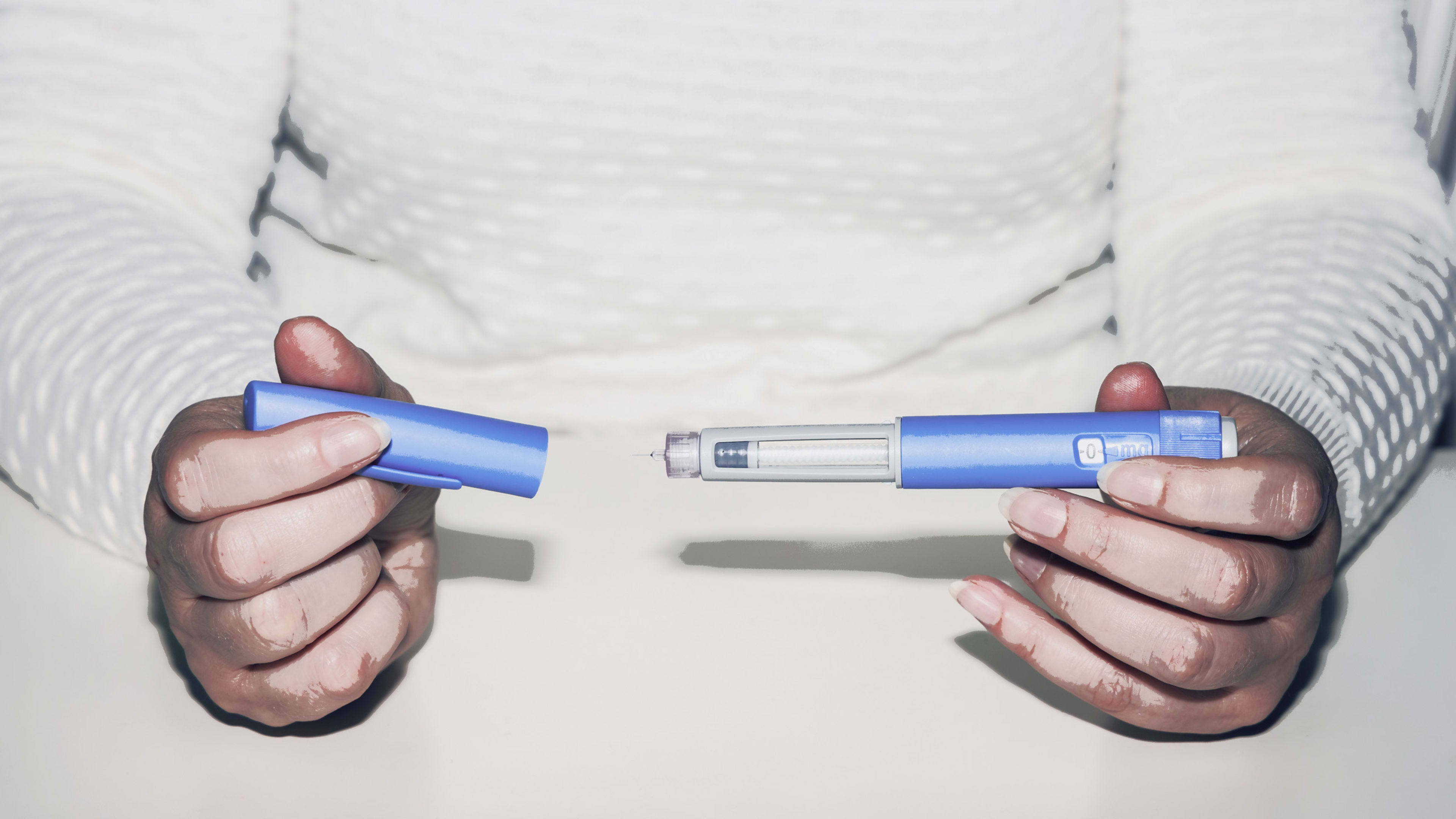Ozempic, the diabetes drug that went viral for its ability to help people lose weight and eat less, is back in the news this week. The EU announced that it would investigate Ozempic and Saxenda (a similar drug in the same general class, known as semaglutide) for causing patients to think of suicide or self-harm. In addition, researchers are looking into whether Ozempic could be used to curb drug addiction, and Novo Nordisk, the $270 billion (market cap) pharmaceutical giant that makes Ozempic, is cracking down on pharmacies selling generic versions of the drug. Here’s the deal.
Ozempic may cause suicidal ideation, but the risk seems pretty small
This week, the European Medicines Agency announced that it is investigating Ozempic and similar weight-loss treatment Saxenda for causing patients to think about suicide or self-harm. The news came after Iceland’s health regulator raised the alarm when three patients brought up the symptom. Shares in Novo Nordisk fell 1% on the news last Monday, but the stock closed up on the week.
Obesity and depression already have a reciprocal relationship: People who have obesity have an increased risk of depression—and vice versa. In treating obesity, mood disorders are always a concern, says Dr. Rekha Kumar, the chief medical officer of weight-loss company Found, adding that losing weight may also impact patients’ relationships.
In the United States, there has actually been evidence of a direct link between suicidal thoughts and semaglutide use for some time. Saxenda and Wegovy (the same drug as Ozempic, but marketed specifically for weight loss) have always carried a warning about suicidal thoughts in package inserts and in FDA-prescribing information. “Clinical trials in adults found that nine people on Saxenda, of more than 3,300, reported suicidal ideation, compared with two of more than 1,900 on a placebo,” Kumar says. “One adult on Saxenda attempted suicide, the prescribing information says. In pediatric clinical trials, one person on Saxenda died by suicide, of 125 studied.” She emphasizes that the link is small and still needs to be investigated, and now that the drugs are approved for use in pediatrics, it’s especially important to note.
Like many doctors in her field, Kumar makes sure to check in with patients regularly along their weight-loss journey to see how they are adjusting to any type of treatment. For complex cases, she says that getting meds prescribed via telemedicine may not be the right fit. “If somebody has a twist or complication like that,” she says, “they’re best suited for in-person comprehensive care.”
Ozempic could curb drug addiction
While the idea that Ozempic could solve America’s obesity and opioid crises seems too good to be true, there is some early evidence that this might be the case.
A new report in Scientific American says that Ozempic and similar medications may target brain circuitry involved in addiction as well as appetite control. Some patients on Ozempic have noticed that the drug not only reduces their food cravings but also their desire for addictive substances and compulsive behaviors, including nicotine, alcohol, gambling, and skin-picking.
So far, the reports are anecdotal, and results from controlled tests related to addiction have not yet been released. Ozempic targets a hormone that tells the body when it’s satiated, but the way it works is not fully understood. Patricia Sue Grigson, an addiction researcher at Pennsylvania State University told Scientific American that if testing goes well, the drug may even be an alternative to naloxone, a medication used to treat opioid addiction.
Novo Nordisk is cracking down on Ozempic alternatives
Generic versions of Ozempic are easy enough to procure: Walk by any number of med spas in Manhattan and you might see advertisements for them in the window. On TikTok, where the drug first went viral, there are also plenty of people claiming to be doctors hawking drugs with the same active ingredient as Ozempic. The problem? Novo Nordisk doesn’t sell semaglutide that can be mixed or altered, and the FDA has not approved a generic version of the drug. So who knows what is in those injections. As a result, Novo Nordisk is trying to stop pharmacies from selling generic alternatives by taking them to court and claiming they have violated Novo Nordisk’s trademark.
The pharmacies are taking advantage of a regulatory loophole: because the FDA has designated Ozempic as currently in shortage, compounding pharmacies are allowed to buy semaglutide from manufacturers and compound it into an injectable medication they can sell. Some pharmacies are even compounding the salt form of semaglutide—semaglutide sodium—which is currently just sold as a research chemical. The FDA does not vet these formulations, and the agency has posted a warning on its site saying that patients have experienced adverse effects from using semaglutide in its compounded form. Several states have also sought to regulate the spread of unauthorized semaglutide medication.
Recognize your brand’s excellence by applying to this year’s Brands That Matter Awards before the final deadline, June 7.
Sign up for Brands That Matter notifications here.
